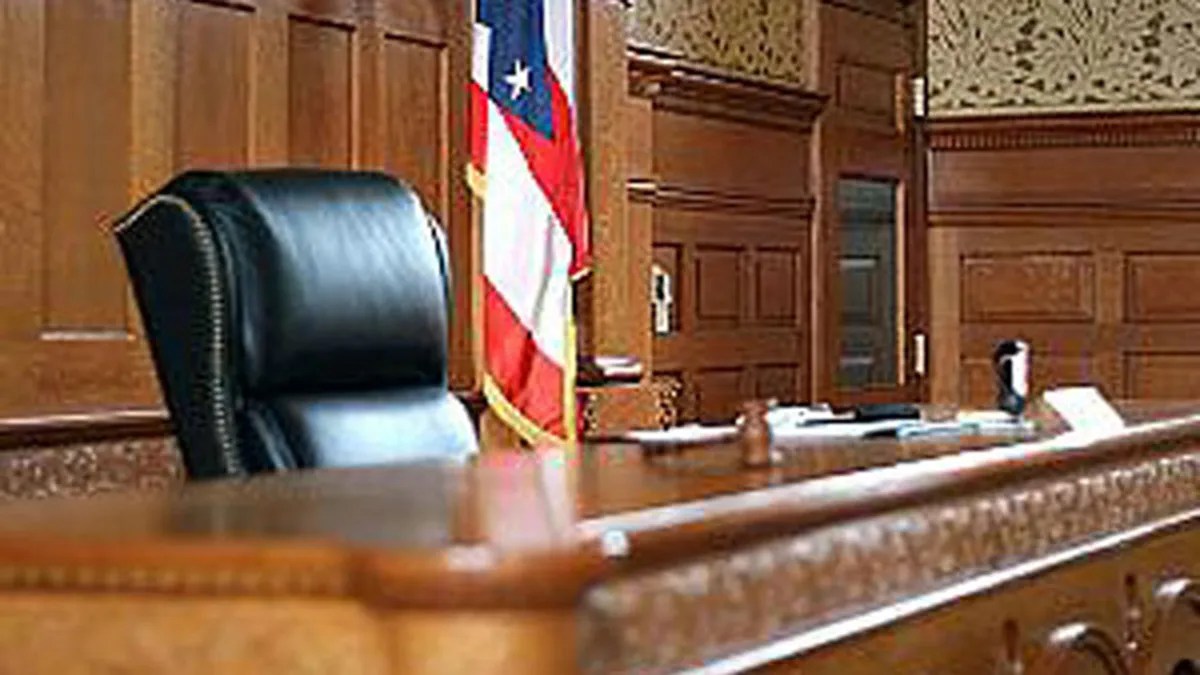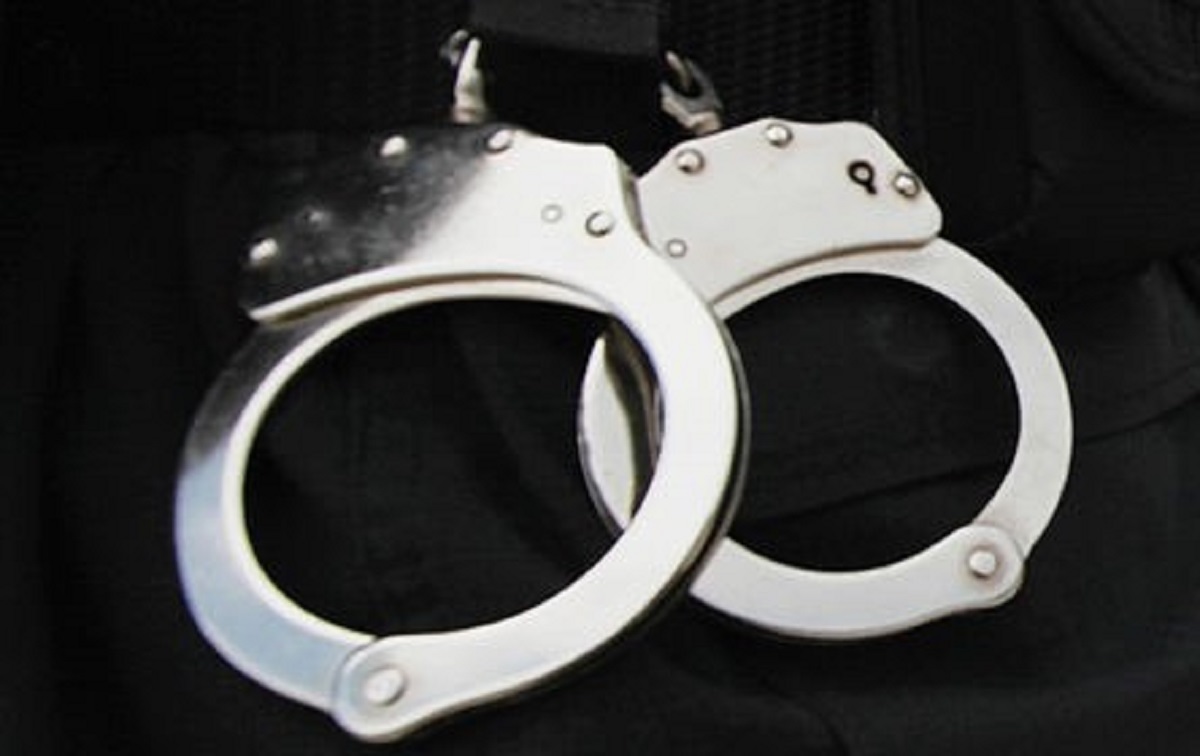New monkeypox infections in New York City are up 28% since last Friday, city health officials said Tuesday, as the clock ticks on more vaccine doses to confront the outbreak.
There are now 111 cases, the city Department of Health and Mental Hygiene tweeted, versus 87 last Friday. Cases have now fully doubled in the last week.
The city launched a surprise vaccine clinic last month, but it lasted only hours before running out of enough doses of vaccine to handle walk-ins. That situation may improve shortly, though.
"We're expecting to receive more doses of the monkeypox vaccine in coming days and will make appointments available soon," the city tweeted.
Get Tri-state area news and weather forecasts to your inbox. Sign up for NBC New York newsletters.
While monkeypox is contagious and rare in the United States, health officials say the risk to the general public is quite low. And this isn't COVID all over again.
As opposed to the early days of the COVID pandemic, when there was no effective treatment, there are already multiple vaccines that work against the orthopoxvirus that causes monkeypox. It's just a matter, again, of ensuring sufficient supply.
Local
How Do You Catch Monkeypox?
The CDC issued new monkeypox guidance as the number of suspected cases nationwide boomed, marking America's largest-ever outbreak of monkeypox, which typically has been confined to other continents.
While the CDC says the risk to the general public remains low, people are urged to avoid close contact with those who are sick, including those with skin or genital lesions, as well as sick or dead animals. Anyone displaying symptoms, like unexplained skin rash or lesions, should reach out to their healthcare providers for guidance.
It is also advised to avoid eating meat that comes from wild game or using products (such as creams, powders or lotions) that come from wild animals from Africa.
What Is Monkeypox?
Monkeypox was first discovered in 1958, when outbreaks occurred in colonies of monkeys kept for research -- resulting in its name. (What you need to know about monkeypox.)
The first case in a human was reported in 1970 in the Democratic Republic of the Congo, which still has the majority of infections. Other African countries where it has been found: Cameroon, Central African Republic, Cote d’Ivoire, Democratic Republic of the Congo, Gabon, Liberia, Nigeria, Republic of the Congo and Sierra Leone.
Human symptoms of monkeypox are similar to but milder than the symptoms of smallpox, the CDC says. It presents itself as a flu-like illness accompanied by lymph-node swelling and rash on the face and body.
Monkeypox starts off with fever, headache, muscle aches, and exhaustion. Monkeypox also causes lymph nodes to swell, something that smallpox does not. The incubation period is usually 7−14 days but can range from 5−21 days.
The CDC is urging healthcare providers in the U.S. to be alert for patients who have rashes consistent with monkeypox, regardless of whether they have traveled or have specific risks for monkeypox. See more information from the travel notice here.



